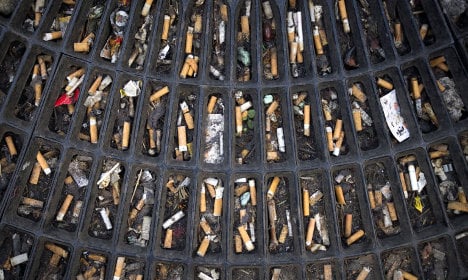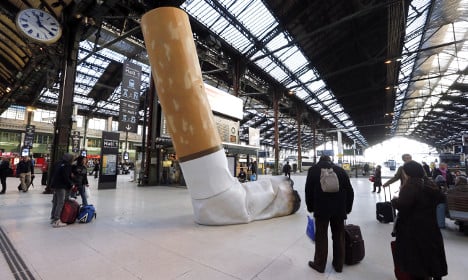
In the mean time, the Town Hall will roll out 30,000 new ashtray bins to encourage smokers to dispose of their cigarettes properly.

Smokers in Paris should think twice about nonchalantly tossing away that cigarette butt from now on. From Thursday the cost of a fine rose to €68. But will it make the city cleaner?



Member comments